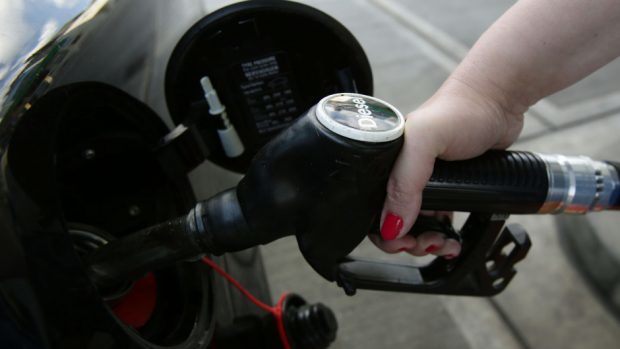Campaigners yesterday launched an attack on on “unprincipled fuel suppliers” who they say are using Brexit uncertainty to keep the benefits of reduced oil prices and wholesale falls from road users.
Pessure group FairFuelUK’s claim came as supermarket chain Asda announced an immediate cut of two pence per litre for diesel and unleaded.
But the group’s accusation that suppliers were cashing in on pre-referendum pessimism over prices was described as “a load of cobblers” by a leading motoring organisation.
FairFuelUK, who recently highlighted that, contrary to predictions ahead of the 23 June vote, oil and fuel wholesale costs have fallen by 3-4ppl in the weeks since, estimate suppliers have benefited by £400m by failing to pass the cuts.
The organisation is calling for a government investigation into the “opaque” fuel pricing process.
Founder Howard Cox said: “Our campaign supporters from motorists, hauliers and small businesses across the UK are incensed that in the five weeks since the EU referendum, significant falls in fuel wholesale prices have been ignored by retailers.
“We are told by some garage owners that they should not be blamed, as they are not getting these published wholesale numbers and are being overcharged by as much as 6 pence per litre. So who is fleecing the motorist? What is the truth? It really is time for the Government to investigate the opaque pricing process at the pumps.”
Mr Cox was backed by motoring journalist and campaigner Quentin Willson, who said petrol margins at the pumps had nearly doubled since the referendum, with diesel up by 50%.
He added: “Motorists blame retailers but there is something more sinister as it seems wholesalers are not passing on these welcome falls in oil to retailers. The whole fuel supply chain cartel seems to be colluding behind a smokescreen of post Brexit uncertainty. The Government must act now to stop this deception.”
Last week the RAC motoring organisation said there was a “compelling case” for retailers to make an immediate 3ppl price cut, taking average prices down to around 109ppl.
Simon Williams of the RAC said: “We believe retailers should act now by passing on the savings they are making to the UK’s motorists.”
However, AA spokesman Luke Bosdet pinned the lack of fuel price cuts on the weakness of the pound, claiming it was a case of “pump paradise lost.”
Responding to FairFuelUK’s claims, he said: “It really is a load of cobblers.”
The AA say that had the pound retained last summer’s value against the dollar, petrol in the UK would currently be at its cheapest for seven years.
Mr Bosdet said: “The pound has lost 15% of its value compared to this time last year, down from $1.55 to $1.32. That is equivalent to a saving of 4p a litre, or more than £2 a tank, being lost to UK drivers.
“With the average petrol price already beginning to show the fall in wholesale costs last week and 111p this week, a further 4p drop would have taken the average pump price to 107p – a summer price last seen in September 2009.
“Drivers are in a good place with pump prices this summer, paying as much as 5p a litre less than a year ago. However, with the weaker pound, it’s more a case of pump paradise lost than pump paradise found.”
He added that in rural areas such as the Highlands and Islands and parts of the North-east price changes reflecting supplier costs took longer to work through as petrol stations refill their tanks less frequently than those in busier urban areas. And he warned that in “very volatile times” that would not necessarily mean price cuts.
Announcing their pump price cut yesterday, Asda said it came “just in time for holidaymakers getting ready to head off on their travels from the Scottish Highlands to the South coast.”
The company’s new national price cap brings diesel down to 106.7ppl and unleaded down to 105.7ppl at all its 272 petrol stations.
Andy Peake, Asda’s senior director for petrol said: “At Asda we always pass on any savings we can make to our customers, so it’s great to see that costs have dropped despite early predictions that the cost of fuel would increase following the outcome of the EU referendum.”
